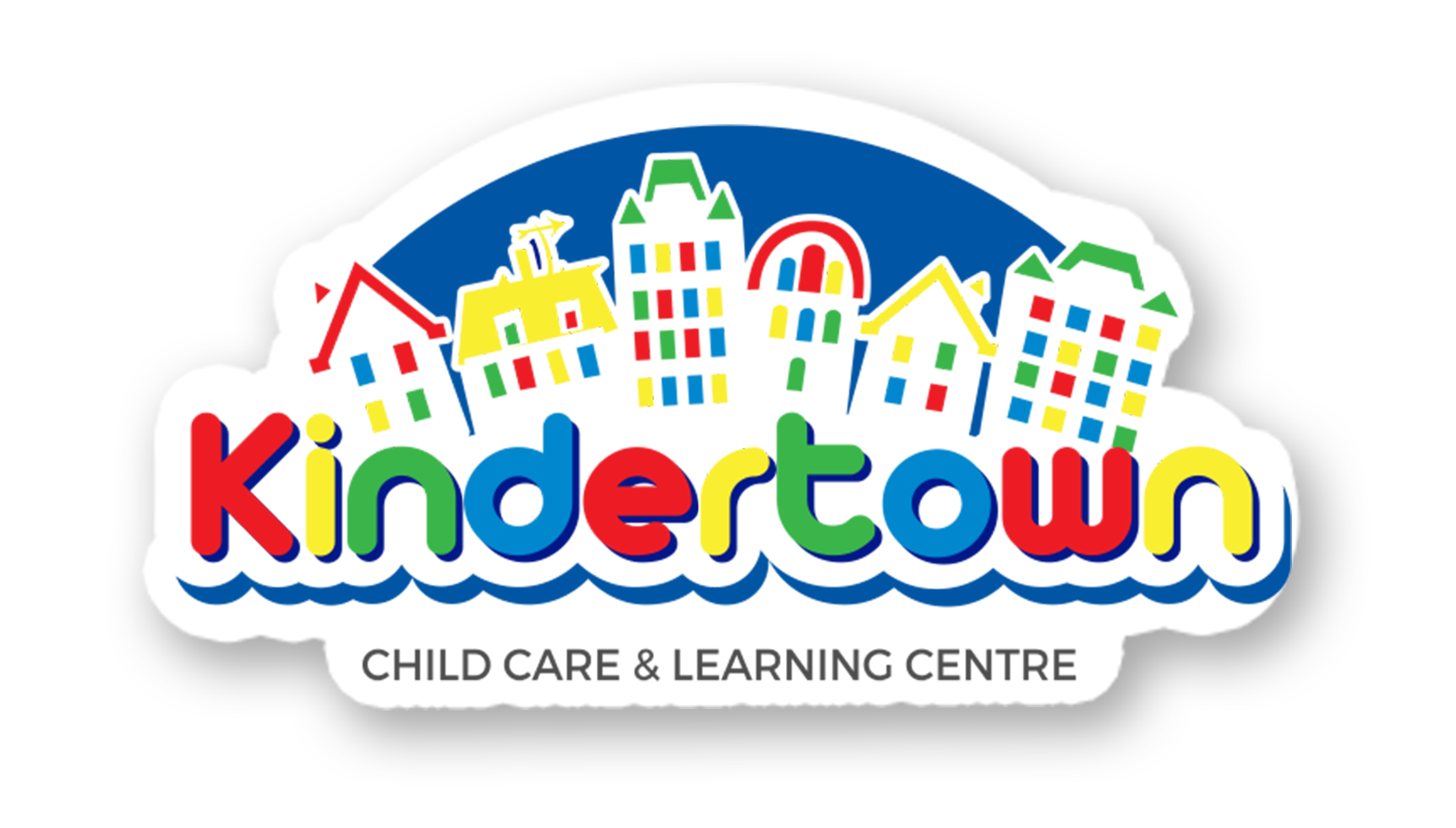The Importance of Natural Playgrounds
Natural playgrounds, also known as nature play spaces, are outdoor areas that are designed to promote natural and imaginative play using materials found in nature, such as logs, boulders, and plants. The importance of natural playgrounds in early learning childcare centers can be seen in the following ways:
1. Encourages physical activity: Natural playgrounds offer a range of opportunities for physical activity, including climbing, balancing, and running. These activities are important for promoting gross motor skills, coordination, and physical fitness, which are all important for the development of young children.
2. Enhances creativity and imagination: Natural playgrounds provide children with a diverse range of materials and settings that encourage imaginative play. Children can use materials such as sticks, leaves, and mud to create their own games and stories, which helps to foster creativity and critical thinking skills.
3. Provides sensory experiences: Natural playgrounds offer a range of sensory experiences, such as feeling different textures, smelling plants and flowers, and hearing natural sounds. These experiences help to promote children's sensory development and can have a positive impact on their overall wellbeing.
4. Promotes environmental awareness: Natural playgrounds provide children with the opportunity to learn about the environment and the natural world. This can help to foster an appreciation for nature and the importance of protecting it, which is important for promoting environmental stewardship in the next generation.
5. Supports risk-taking and problem-solving: Natural playgrounds are often designed to encourage risk-taking and problem-solving. Children are presented with challenges such as climbing, balancing, and problem-solving, which helps to build resilience, perseverance, and confidence.
6. Supports social and emotional development: Natural playgrounds offer opportunities for children to engage in social play, such as collaborating on building a fort or working together to solve a problem. This helps to promote social skills, such as communication and cooperation, and can have a positive impact on children's emotional development.
In summary, natural playgrounds offer a range of benefits for early learning childcare centers, including promoting physical activity, enhancing creativity and imagination, providing sensory experiences, promoting environmental awareness, supporting risk-taking and problem-solving, and supporting social and emotional development. By incorporating natural playgrounds into their outdoor spaces, early learning childcare centers can provide children with a unique and enriching play environment that supports their overall development and wellbeing.

